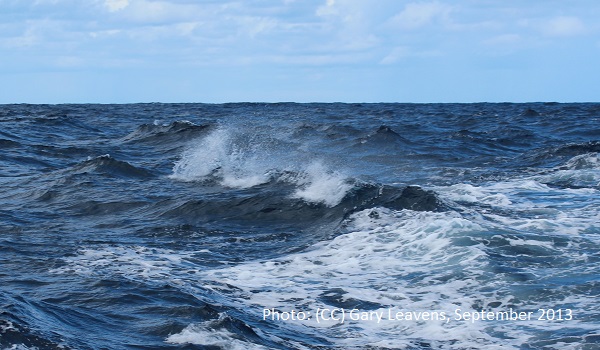The perilous journey along the Atlantic route continues to cost lives and survivors often arrive exhausted and in critical condition to the Canary Islands. A court in Tenerife has put an end to the practice of detaining people for deportation based on old return orders. In a first relocation, 10 unaccompanied minors were transferred to the Spanish peninsula. Reception conditions continue to be inadequate across the archipelago and have led to recurring protests, which escalated at Las Raíces camp resulting in injuries and arrests.
On 16 March, Salvamento Marítimo performed a rescue 15 km south of Gran Canaria after detecting a boat with 52 people on radar and locating it by helicopter. The boat had left West Saharan shores four or five days earlier and the travellers were in such bad condition that the coast guard thought some had perished when approaching. Upon arrival at port, ten people, including several children, had to be hospitalised due to hypothermia. One young child in severe condition had to be reanimated on the spot.
In recent weeks, there have been several reported cases of people dying en route to the Canary Islands, likely of cold and a lack of food and water. On 17 March, survivors reported that the night before being rescued by Salvamento Marítimo, one fellow traveller had died and that they had thrown his corpse into the sea. 36 people survived. On 9 March, 48 people were rescued by Salvamento Marítimo, reportedly after up to ten days at sea. Exhausted from the journey, many were too weak to disembark on their own and two people had to be hospitalised. The coast guard also recovered one body from the boat and according to the survivors, four more people had perished during the journey. As of March 18, the Missing Migrants Project run by the International Organization for Migration (IOM) recorded 29 deaths along the Atlantic route in 2021.
In recent weeks, dozens of people have been arrested in the Canary Islands based on return orders issued when they arrived, sometimes dating back several months. The Delegation of the Government has repeatedly reiterated that return orders could be enforced anytime. However, a court in Tenerife has now put an end to this practice. There are currently four deportation flights from the Canary Islands to Morocco per week.
A first transferal from the Canary Islands to the Spanish peninsula took place on 10 March. Ten unaccompanied minors were transferred to the autonomous community of Castile and León based on an agreement reached with the administration in the Canary Islands which foresees the transfer of in total 25 unaccompanied minors.
In the night of 17 March, a group of 41 people who said they were minors slept on the streets in Puerto de la Cruz, Tenerife, after refusing to be transferred to Las Canteras camp which is a new facility for adults. In Fuerteventura, a group of 13 people, allegedly including two minors, have left the camp in El Matorral on 18 March reportedly due to bad living conditions, including poor food quality and a lack of medical assistance, and slept in the open.
On 13 March, protest over the lack of food and its poor quality escalated at Las Raíces camp in Tenerife, were more than 1,000 people are accommodated and a group of residents have gone into hunger strike. Residents say they have to queue for hours to receive their meals. Video footage that was shared on social media platforms shows a dispute between residents and security guards in which several residents were injured. Seven residents were arrested by police forces arriving at the scene. It is reported that responsible authorities are now working on improving reception conditions at the site, including the food service and water supply.
Across the Atlantic Sea at the Spanish enclave of Melilla, 59 people have succeeded to cross the highly securitised fence dividing Melilla and Morocco on 8 March. However, the majority of those who jointly tried to scale the fence were prevented by Moroccan forces. The attempted crossing was reportedly followed by raids in the mountainous lands surrounding the enclave by Moroccan forces who burned people’s personal belongings and makeshift camps. According to Alarm Phone, an NGO hotline for people in distress, these raids “come in waves … often as a reaction when a group has entered Spain.” It has been the second largest attempt of people trying to scale the fence since the beginning of the year. Earlier this month, four people died during their attempt to reach the enclave by swimming from Moroccan shores.
For further information:
- ECRE, Atlantic Route: Conditions in the Canary Islands Remain Poor as Protests and Calls for Transfers Grow Louder, March 2021
- ECRE, Atlantic Route: Drop in Arrivals over Past Weeks but Root Causes for Migration Remain, Supreme Court Reconfirms Free Movement, February 2021
- ECRE, Atlantic Route: Spain’s Blocking of Migrants in the Canary Islands Causes Suffering and Sparks Protests, February 2021
Photo: (CC) Gary Leavens, September 2013
This article appeared in the ECRE Weekly Bulletin. You can subscribe to the Weekly Bulletin here.

